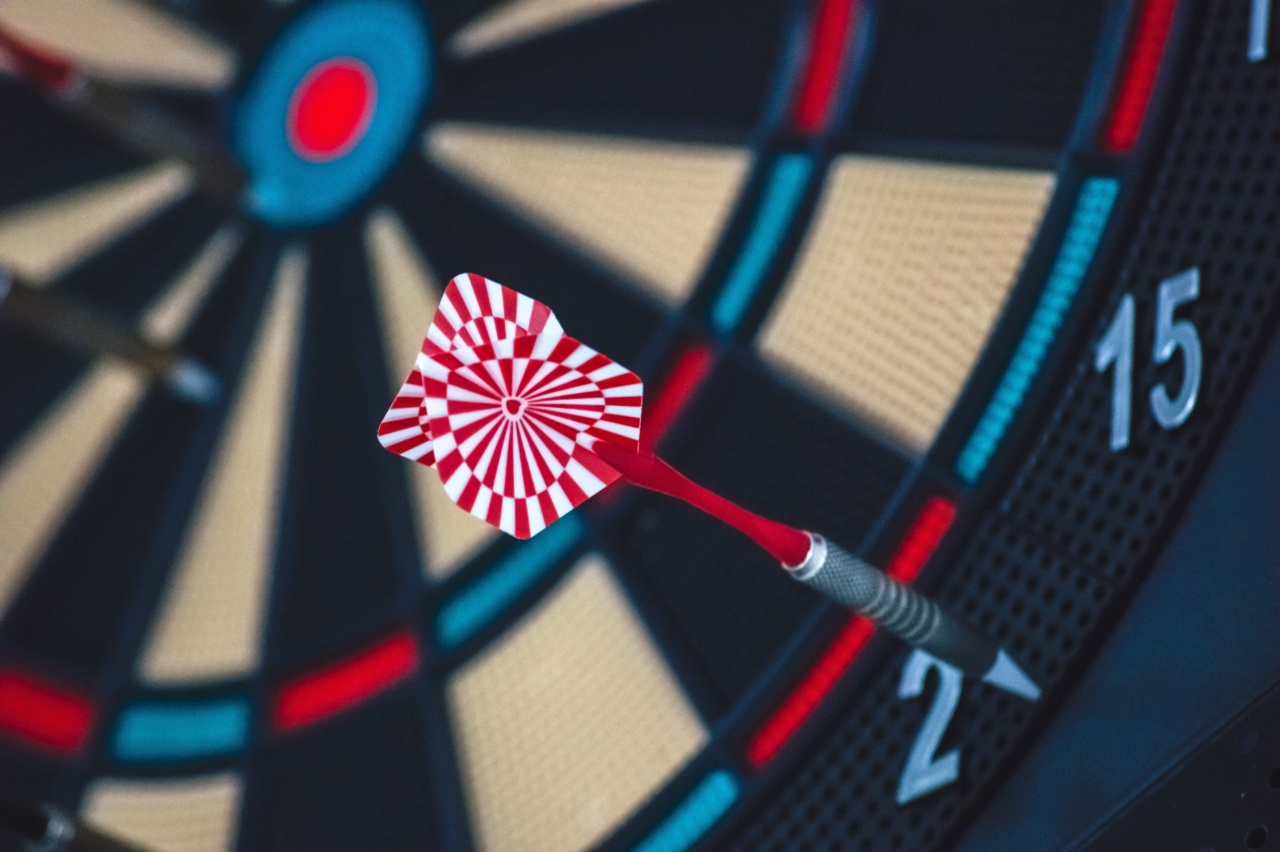When it comes to finding a target, precision is key. Whether you’re in the medical field, performing acupuncture, or searching for the perfect spot for a piercing, a high-quality needle is essential.
With a precision needle, you can confidently locate and hit the target with ease.
What is a Precision Needle?
A precision needle is a specialized tool used for a variety of purposes. It is typically a thin, sharp needle made from high-quality materials like stainless steel, titanium, or platinum.
Precision needles are designed for accuracy and have very narrow tips, making them ideal for target finding.
Precision needles are commonly used in medical applications, particularly in acupuncture and dermatology. They can also be used for challenging industrial applications, such as semiconductor manufacturing, where precision is critical for success.
Additionally, precision needles are frequently used in piercing, both for body modifications and jewelry placement.
Benefits of a Precision Needle
There are many benefits to using a precision needle, regardless of the application. These include:.
- Accuracy: Precision needles are designed to be highly accurate, allowing for exact placement and targeting.
- Minimized damage: The narrow tip of a precision needle means it causes minimal damage to tissue or other materials being pierced.
- Reduced pain: The sharpness and narrow tip of a precision needle make insertion and contact less painful for the patient.
- Increased confidence: With a precise tool like a precision needle, healthcare professionals or piercers can feel more confident in their abilities and their impact.
- Improved outcomes: When accuracy is achieved, outcomes are generally improved, leading to more successful processes or procedures as a whole.
Choosing a Precision Needle
Choosing the right precision needle for your needs is critical. There are a variety of factors to consider when selecting a needle, including:.
- Material: Stainless steel, titanium, and platinum are all common materials used for precision needles. Each has its own advantages and disadvantages, so it’s important to choose the right material for your specific use case.
- Tip size/shape: Depending on your needs, you may need a larger or smaller tip. The shape of the tip can also vary but there is typically an appropriate tip shape for any application (e.g. round, beveled, diamond).
- Length: The right length of the needle can vary depending on your specific need.
Additionally, it’s important to select a high-quality manufacturer. A reputable manufacturer will use the best possible materials and processes to create a high-quality precision needle that meets your needs.
Maintaining Your Precision Needle
One of the keys to maintaining the performance and longevity of your precision needle is proper care. This includes regular cleaning and sterilization, as well as proper storage.
Some tips for properly maintaining your precision needle include:.
- Always use sterile needles to minimize the risk of infection or other complications.
- Clean and sterilize your needle after every use, using an appropriate sterilization method based on the material of your needle.
- Avoid touching the tip of the needle to prevent contamination.
- Store your needle in a clean, dry place.
The Future of Precision Needles
As technology advances and new materials become available, the future of precision needles is bright. New coatings and materials are emerging that can improve the accuracy and performance of these specialized tools.
Additionally, complex needles with multiple features are becoming more common, allowing for even greater accuracy and versatility.
Whether used in medicine or industry, precision needles will continue to play a critical role in many processes and procedures. Thanks to their accuracy, performance, and reliability, precision needles will always be in high demand.































